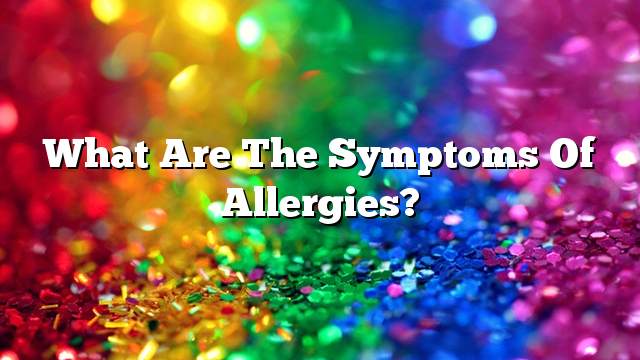An important topic to address is because some people confuse the allergic reaction with side effects and refrain from taking some important treatments because of a misunderstanding of the subject.
It is important to distinguish between an allergic reaction to a particular treatment and side effects of the same treatment.
The allergic reaction is what happens when the person’s immune system recognizes the treatment as a foreign body to fight, and the symptoms of the treatment for treatment are different and graded with severity:
• Itching in the skin.
Swelling in the skin.
• Redness of the skin.
• Abdominal pain.
• Nausea and vomiting.
• Low blood pressure, fainting and sometimes loss of consciousness.
Swelling of the mucous tissue which may lead to:
- Shortness of breath.
- Sound whistling with self.
There are two main types of allergic reaction:
• Immediate Allergy, which occurs within one hour of exposure to treatment and usually symptoms are severe.
Delayed Allergy, which occurs within hours to days of exposure to treatment, is the most common and usually symptoms are less severe.
When the allergic reaction occurs, the treatment depends on the severity of the symptoms, as the simple ones can be controlled through the use of some oral sensitivity treatments, and severe cases may need to use oxygen, some intravenous solutions and intravenous allergy treatments as well.
When an allergic reaction to any treatment is suspected, the doctor will perform a sensitivity test to confirm whether the patient should avoid this treatment.
